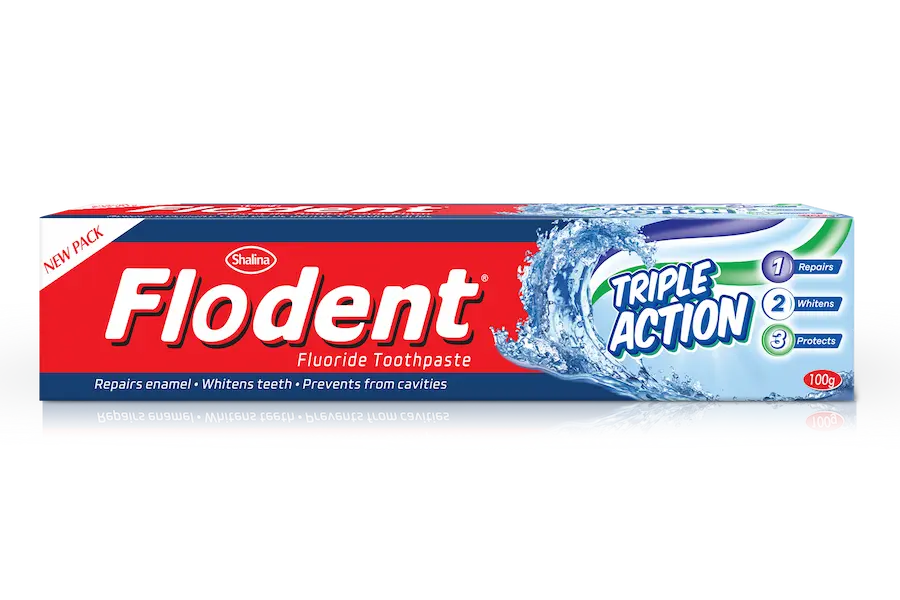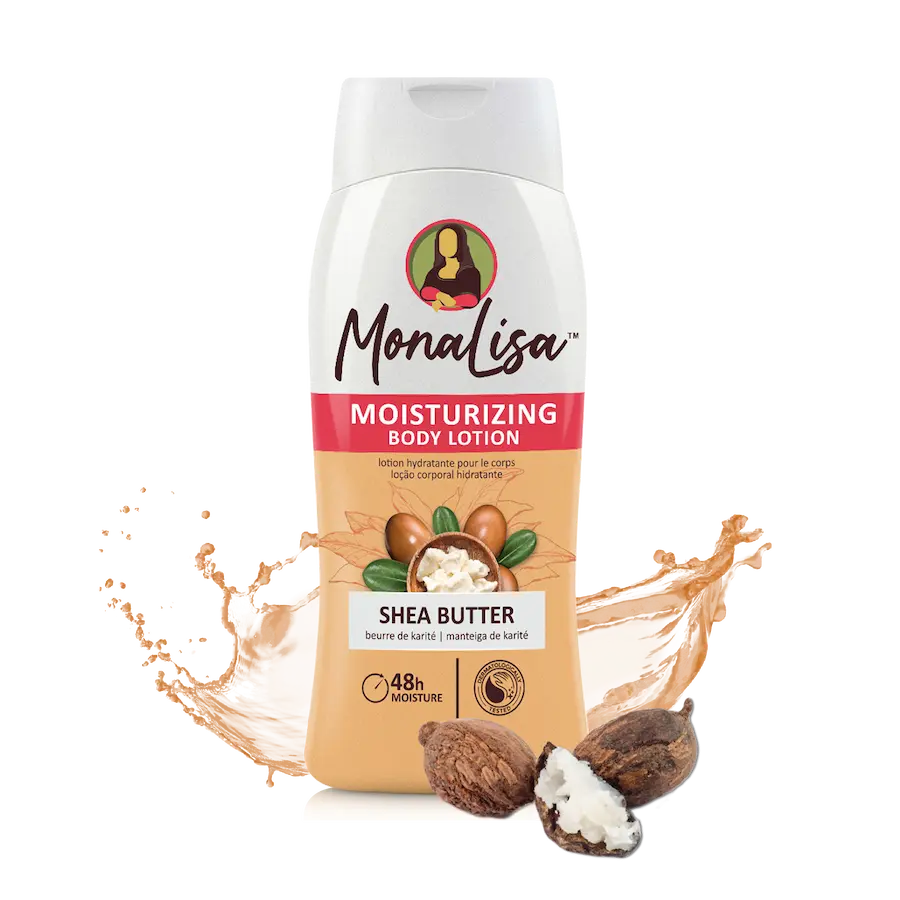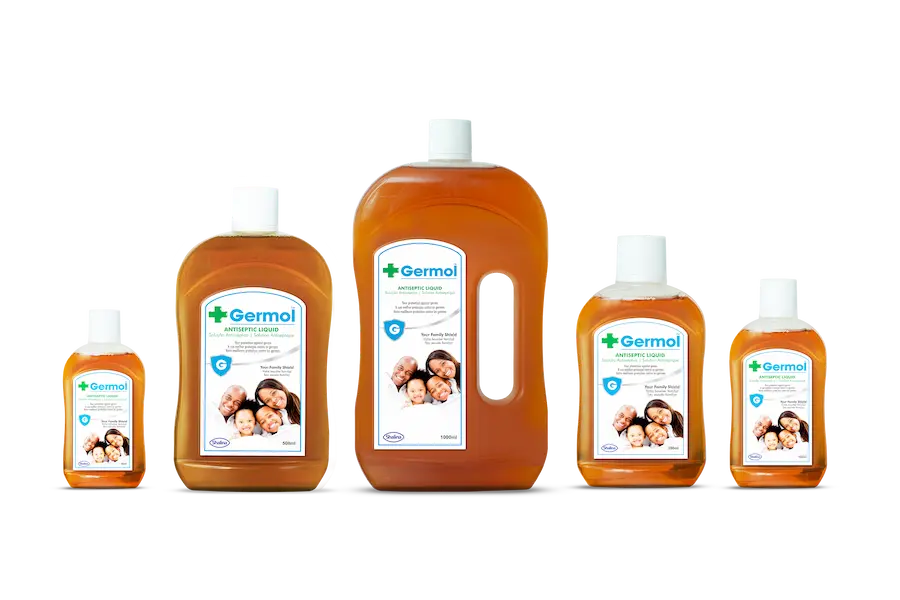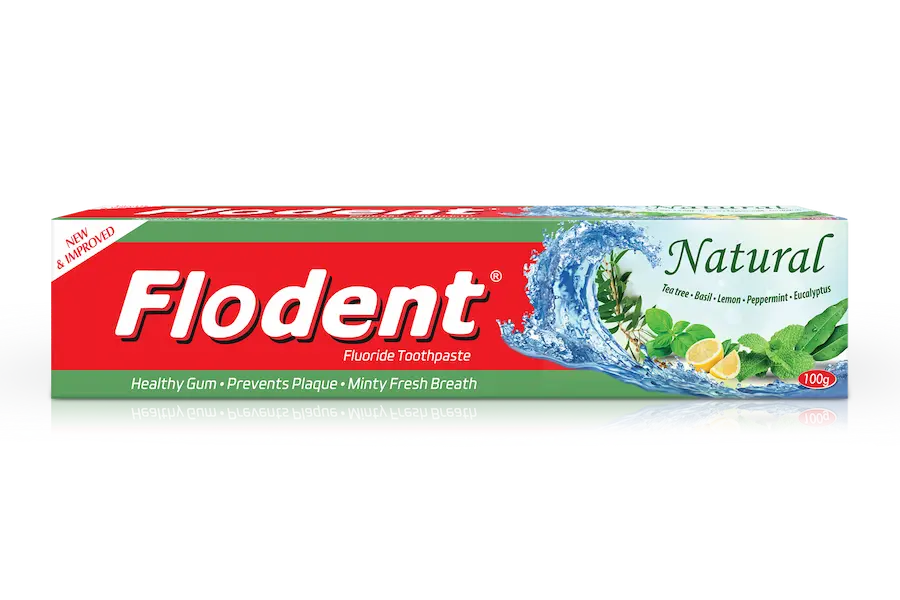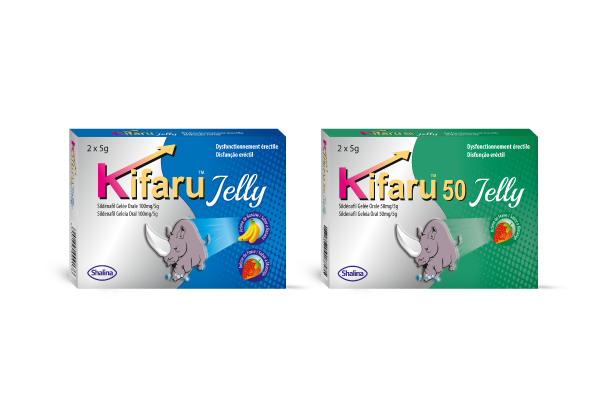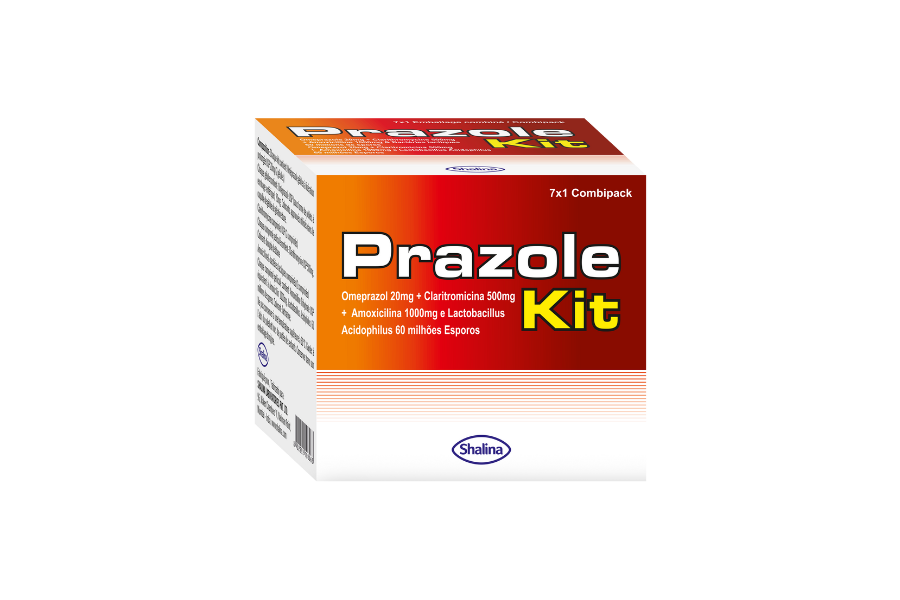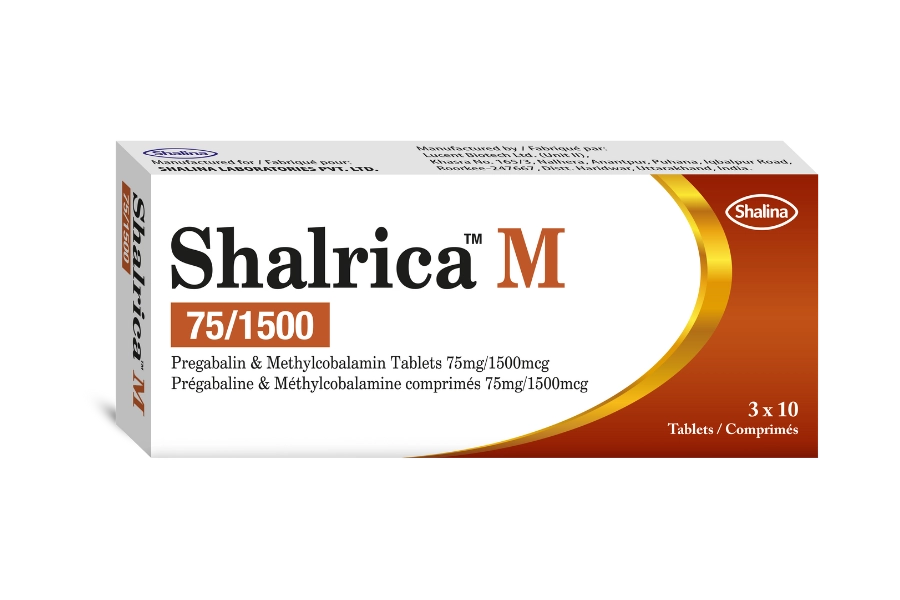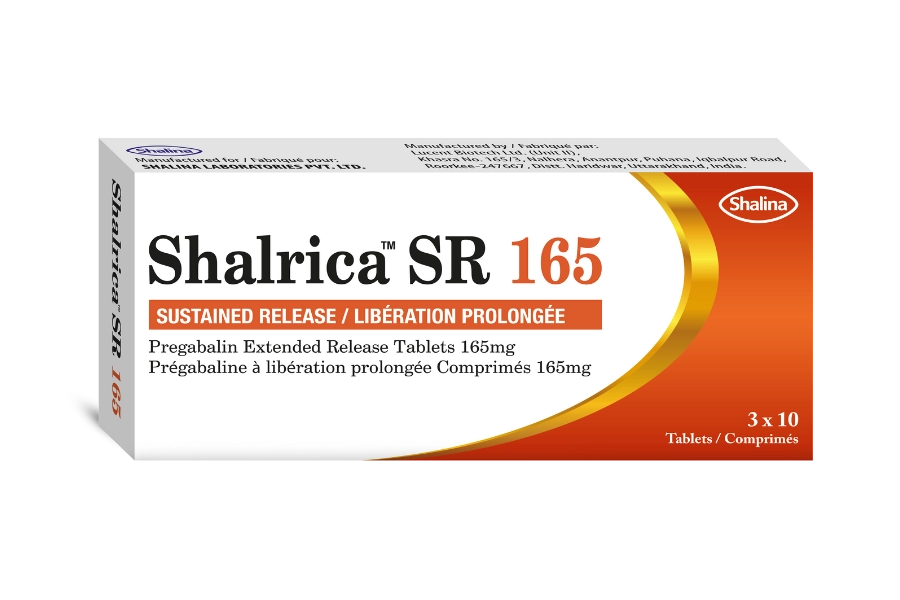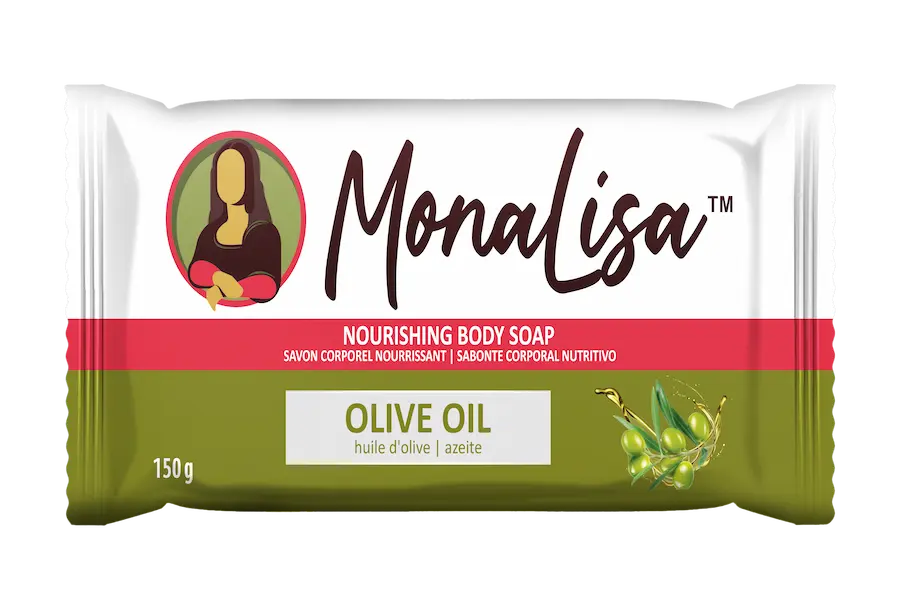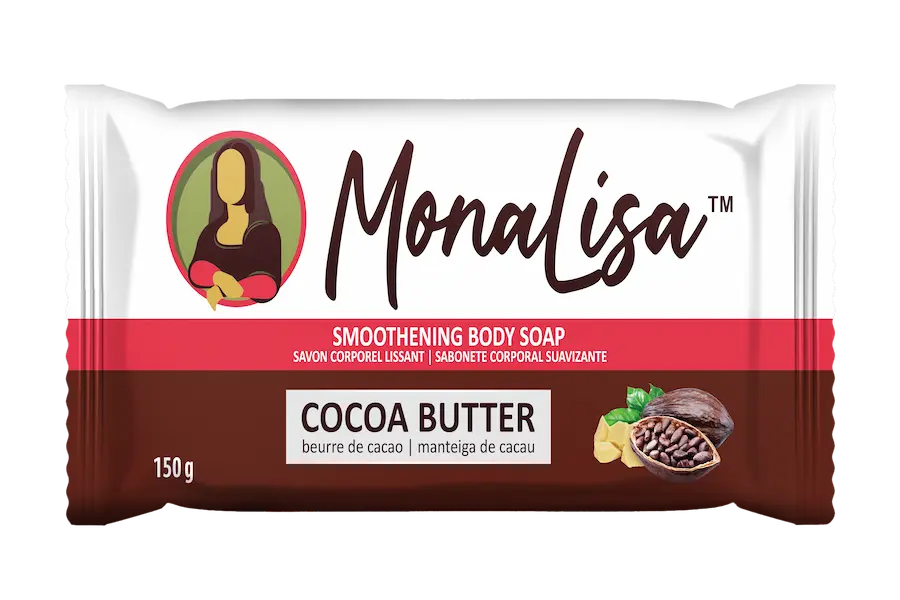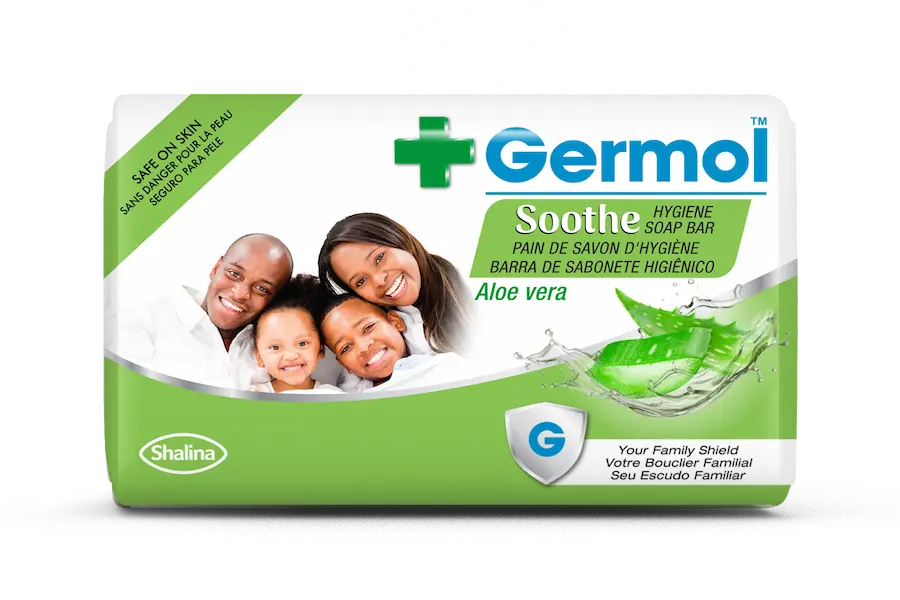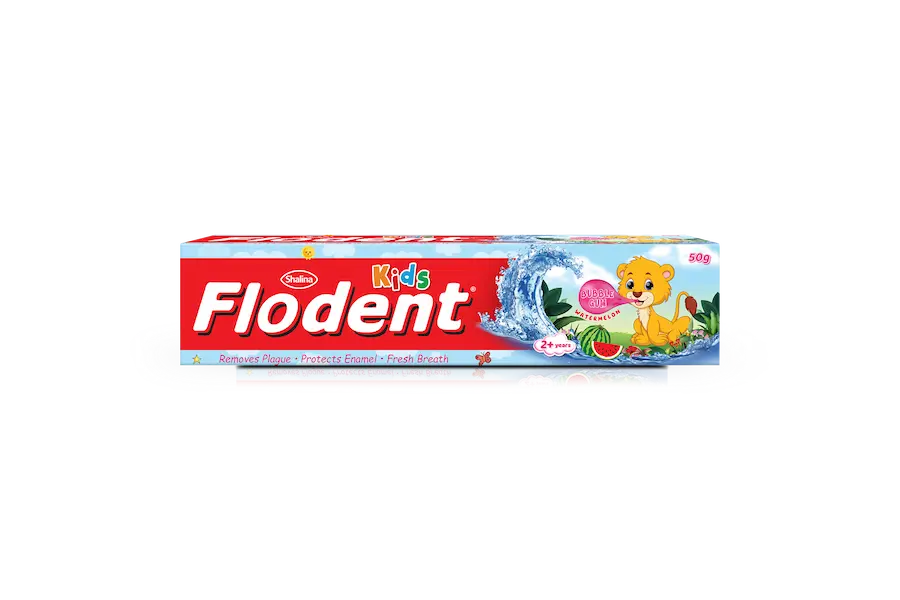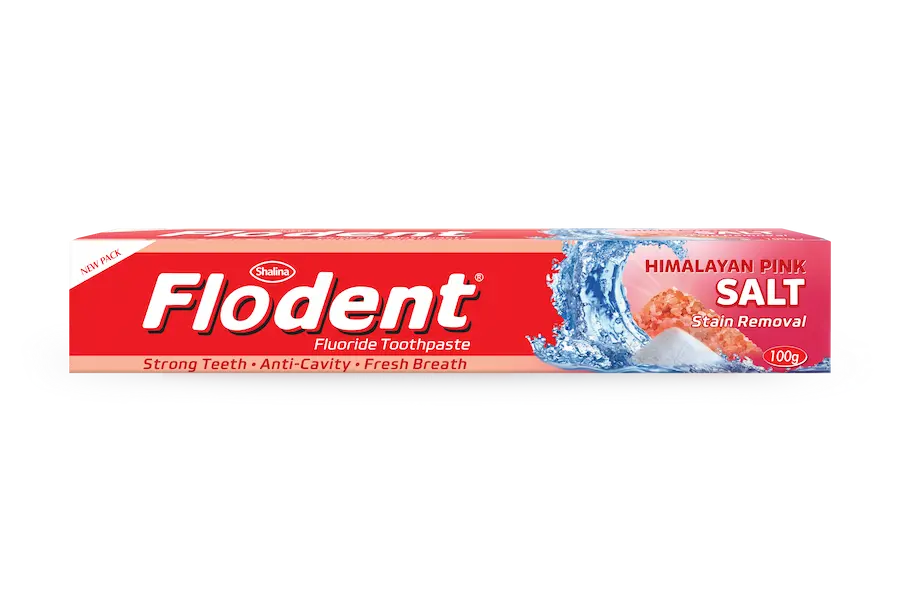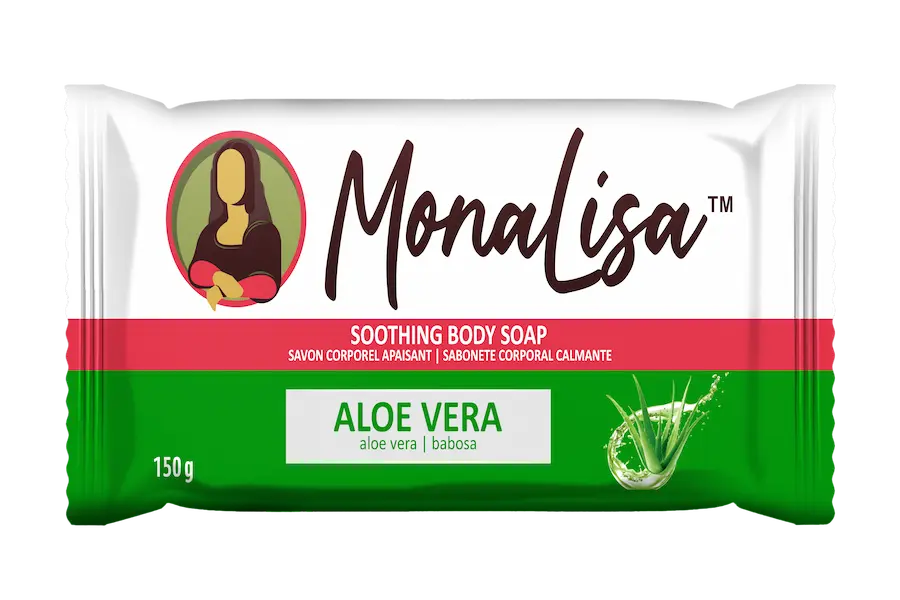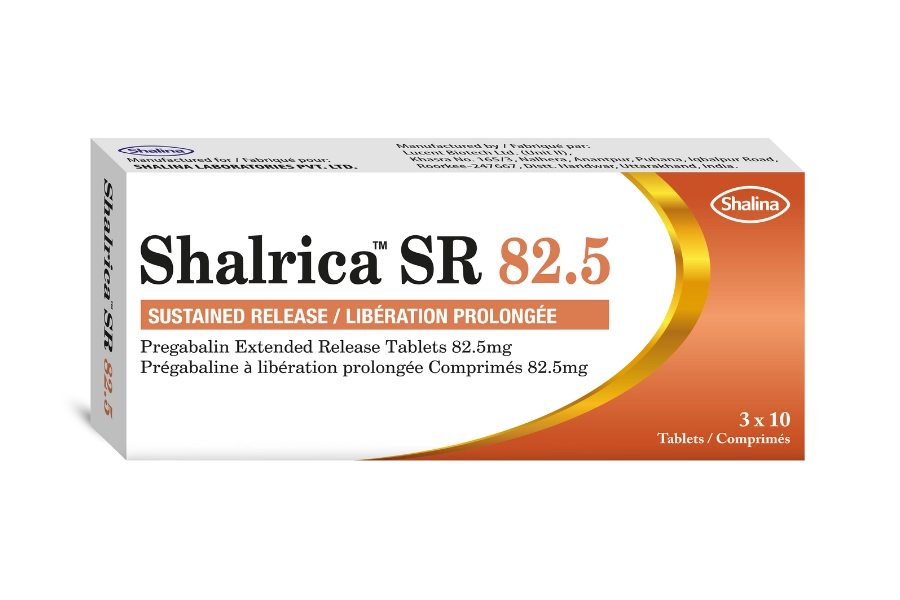If your baby is gassy, fussy, or seems colicky, know that you’re not alone. Colic affects up to 1 in 5 babies worldwide and can happen whether a baby is breastfed or formula-fed. In fact, a study in Africa found that more than half of babies seen by doctors were diagnosed with colic or gas. Many were given medication, but health experts suggest starting with simple feeding support and formula guidance first. While there’s no magic cure, there are gentle ways to ease your baby’s discomfort.
- Feed in a calm, upright way
Have your baby in a semi‑upright position when bottle feeding. This can help prevent them from swallowing too much air, which often leads to wind and discomfort. If available, try using an anti‑colic bottle, designed to reduce air intake that can lead to gas.
- Pace the feed and burp often
Use paced feeding: hold the bottle almost horizontal, and let your baby control how fast they drink. If they need a break, gently pause or tilt the bottle to slow the flow. Don’t force them to finish if they turn their head or push the bottle away. Burp your baby during and after every feed, using whichever burping position works best. Try over your shoulder, across your lap, or sitting upright, until any trapped air releases.
- Consider formula options
If your baby seems especially gassy or unsettled, you might talk to your doctor about switching to a hypo‑allergenic or comfort formula for a short trial. These contain broken‑down proteins or probiotics and may ease digestion for some infants. However, avoid frequently changing formulas because switching too much can add more tummy upset rather than relief.
- Soothe beyond feeding
Create a calming environment: try a warm bath and gentle tummy massage, swaddle your baby, or hold them close with soft motion. Even a change of scenery, like a walk or fresh air outside, can work wonders.
- Take care of yourself
Caring for a colicky baby is exhausting. Ask for help, take breaks when you can, and remember that colic is temporary. Crying won’t harm your baby, and these weary days usually ease by 3–4 months of age.
In short: feed gently and upright, burp often, consider suitable formula options with professional advice, soothe with motion or warmth, and be kind to yourself. Your baby will likely grow out of this phase and you’re doing a great job supporting them.
References
https://www.mayoclinic.org/diseases-conditions/colic/symptoms-causes/syc-20371074
https://gastropediatrics.com/baby-formula/#
https://www.ncbi.nlm.nih.gov/books/NBK601352/#











